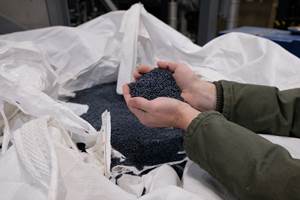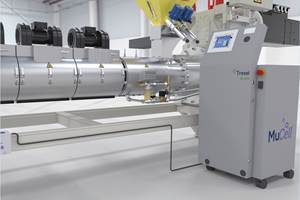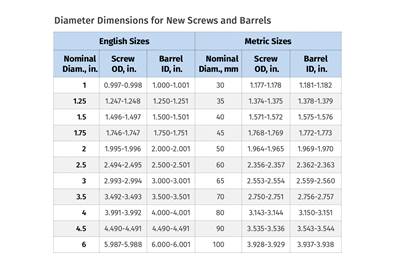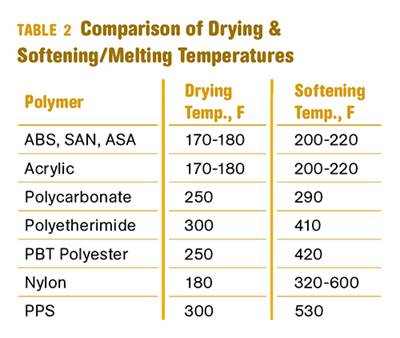Plastic Bag Bans: The Trend That Can’t Stop, Won’t Stop?
On April 28, the European Parliament gave its final approval for the previously agreed legislation to reduce the use of single-use plastic carrier bags.
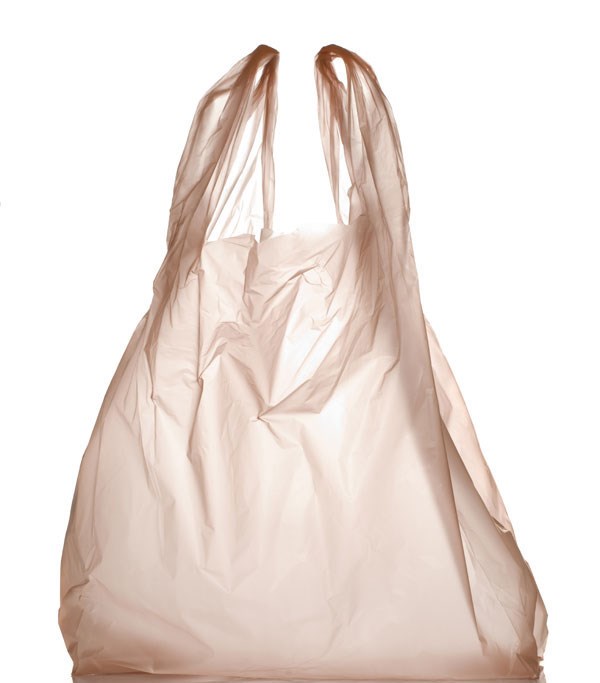
On April 28, the European Parliament gave its final approval for the previously agreed legislation to reduce the use of single-use plastic carrier bags.
EU member states have a choice: either to take measures to reduce annual average consumption of plastic bags to 90 lightweight bags per citizen by the end of 2019 and to 40 by the end of 2025; or ensure that by the end of 2018, no more lightweight plastic bags are handed over free of charge to shoppers.
Bag bans aren’t just reserved for the EU as several U.S. cities have also banned plastic bags and the list seems to keep growing. And while there are stories that come along such as Arizona announcing it has passed a ban on the bans of plastic bags (did you get that?), there’s somewhere like Sacramento announcing the city will enact a plastic bag ban.
In other words, plastic bag bans are not going away anytime soon.
It’s estimated that the U.S. goes through 100 billion plastic shopping bags annually. The average person uses about 326 plastic grocery bags per year. In 2012, the category of plastics, which includes bags, sacks, and wraps was recycled at about 12%, according to the EPA. Plastic bags are 100% recyclable, but there are currently a lot of factors working against the lightweight packaging. For example:
HUMAN ERROR
People leaving their bags behind and as a result, plastic bags are found on the side of highways, in the ocean and just about everywhere else you can think of. Stop being trashy, people!
PROBLEMS WITH MACHINERY
Some people try to do the right thing by putting plastic bags in the recycling bins, but they are unknowingly creating another issue. The bags often clog the sorting machinery at recycling facilities, forcing workers to shut down the process to remove the tangled bags. Most recycling facilities are set up to handle rigid materials such as aluminum cans, glass bottles, plastic containers and lids, metal cans, cardboard/paper, etc. Plastic bags require a different collection system and processing equipment that many curbside recycling programs don’t provide.
GROCERY STORE DROP OFF - POSSIBLE ANSWER?
There is some movement on recycling plastic bags. Many retail chains such as Walmart and Target do provide collection bins for plastic bags at their main entrances. Novolex Hilex Poly’s Bag-2-Bag recycling program collects more than 40 million pounds of post-consumer bags and film each year. Collected bags are gathered into bales and transported to the Novolex recycling center in North Vernon, IN.
Novolex says on its website that Bag-2-Bag works best when stores have two key factors working for them. “First, they have access to a logistics system that can back haul the bags for consolidation and baling. This typically happens with a chain of stores,” the company said. “Secondly, Bag-2-Bag works best with stores where customers visit them on a weekly basis so that recycling can become part of their routine. This is why the most successful programs have been with grocery stores.”
While the retail collection model is working to an extent, we all know that plastic bag recycling must increase as a whole.
THE FUTURE?
Perhaps Materials Recovery Facilities (MRFs) could invest in equipment that enables them to recover plastic bags in the MRF environment. But that is costly.
Another potential solution: plastics-to-oil. Researchers at the University of Illinois claim that plastic bags can be converted into diesel fuel and other petroleum products. Previous studies have used pyrolysis to convert plastic bags into crude oil. However, the university researchers fractionated the crude oil into different petroleum products and tested the diesel fractions to see if they complied with national standards for ultra-low-sulfur diesel and biodiesel fuels. The researchers were able to blend up to 30% of their plastic-derived diesel into regular diesel, “and found no compatibility problems with biodiesel,” according to the university.
Perhaps one of those solutions will lead the charge to stop the plastic bag ban trend? Time will tell.
Related Content
Inside the Florida Recycler Gearing Up to Take on Scrap at NPE2024
Hundreds of tons of demonstration products will be created at NPE2024 next spring. Commercial Plastics Recycling strives to recycle all of it.
Read MoreNew Facility Refreshes Post-Consumer PP by Washing Out Additives, Contaminants
PureCycle prepares to scale up its novel solvent recycling approach as new facility nears completion.
Read MoreFoam-Core Multilayer Blow Molding: How It’s Done
Learn here how to take advantage of new lightweighting and recycle utilization opportunities in consumer packaging, thanks to a collaboration of leaders in microcellular foaming and multilayer head design.
Read MoreEvolving Opportunities for Ambitious Plastics Recycler
St. Joseph Plastics grew from a simple grinding operation and now pursues growing markets in recycled PP, food-grade recycled materials, and customized post-industrial and post-consumer compounds.
Read MoreRead Next
Troubleshooting Screw and Barrel Wear in Extrusion
Extruder screws and barrels will wear over time. If you are seeing a reduction in specific rate and higher discharge temperatures, wear is the likely culprit.
Read MoreWhy (and What) You Need to Dry
Other than polyolefins, almost every other polymer exhibits some level of polarity and therefore can absorb a certain amount of moisture from the atmosphere. Here’s a look at some of these materials, and what needs to be done to dry them.
Read MoreAdvanced Recycling: Beyond Pyrolysis
Consumer-product brand owners increasingly see advanced chemical recycling as a necessary complement to mechanical recycling if they are to meet ambitious goals for a circular economy in the next decade. Dozens of technology providers are developing new technologies to overcome the limitations of existing pyrolysis methods and to commercialize various alternative approaches to chemical recycling of plastics.
Read More







.png;maxWidth=300;quality=90)












